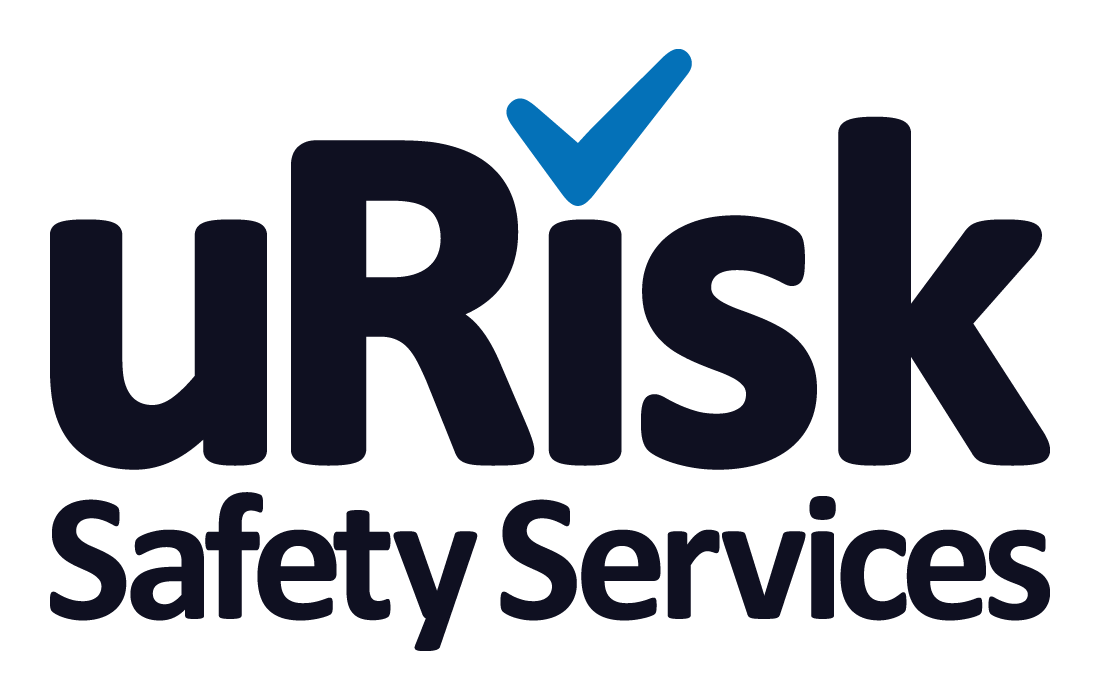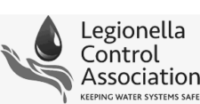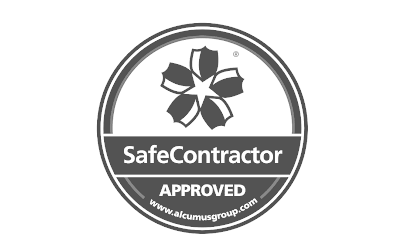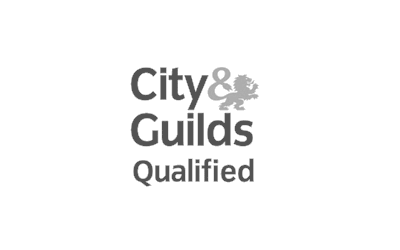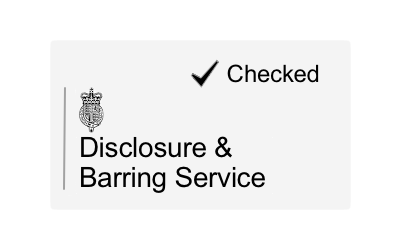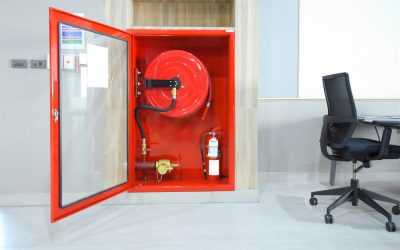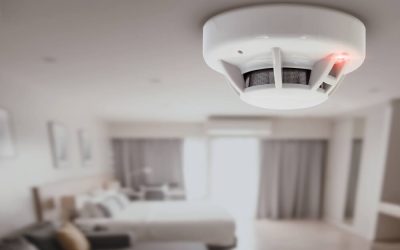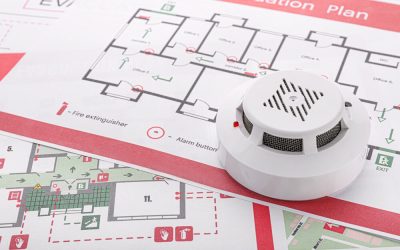Cold Water Storage Tank Regulations. Checks for a Risk Assessment.
Under the UK Building Regulations, there are a number of requirements that companies need to comply with when it comes to their cold water supply. These include the provision of wholesome drinking water to taps and any sink in a food preparation area, as well as provision of water of suitable quality to flushing toilet cisterns. It is also a requirement to ensure the prevention of undue consumption of water by making sure fittings and appliances are installed efficiently.
Checks to carry out during risk assessment
Under UK Health & Safety Executive regulations, there are a number of requirements for your cold water system, including the cold water storage tank, during a legionella risk assessment:
- Cold water storage tanks must be placed in a cool place, with insulation provided if necessary.
- Stored cold water must be at a temperature of less than 20°C – check once a month by running the cold tap for a couple of minutes before taking the temperature.
- The temperature at the ball valve outlet needs to be checked every six months.
- The volume of water stored in the tank needs to be kept to one day’s usage.
- If you have more than one tank, link them together so water flows through all of them and there is no stagnation.
- Fit the storage tank with a tight-fitting lid and air vent to prevent dirt and contamination.
If you have any issues or concerns about the water quality, you must disconnect your water supply immediately and take action.
Water tank cleaning
However well designed they are, cold water storage tanks will always be at risk from contamination. If contamination does get into the water tank and is allowed to build up over time, it will provide a breeding ground for legionella and other bacteria. Water tank cleaning and disinfection is therefore a necessity to prevent any contamination. Water tank cleaning is not a legal requirement, but annual water tank inspections are. The inspections will look at the condition of the tank as well as test the quality of the water and will identify if there is a need for cleaning and maintenance.
Legionella and Water Hygiene Blog Posts
Office Fire Risk Assessment
As you would expect, keeping your office safe from the risk of fire is a legal requirement under the Regulatory Reform (Fire Safety) Order 2005. If you are the owner or manager of a business, or landlord of an office building, it is your responsibility to ensure your...
Fire Risk Assessment For Flats
Your legal requirements as a landlord include taking precautions to keep your tenants safe, including when it comes to the risk of fire in flats. As part of the fire safety regulations, fire risk assessments for flats is therefore part of your legal obligation to...
Getting A Risk Assessment For Fire in the UK
As an employer, landlord or facilities manager, it is your legal responsibility to keep everyone who uses your premises safe. A fire risk assessment is an important part of this because it identifies what might cause a fire so you can take steps to prevent one, as...
